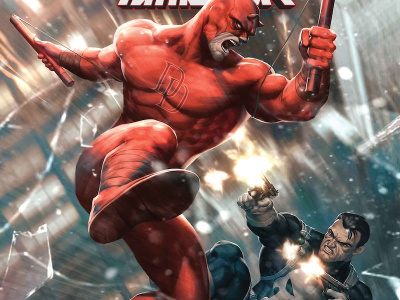The Topps Company, Inc. has announced a settlement with the Topps Full Value Committee, a group of hedge fund investors including Pembridge Capital Management and Crescendo Partners. Under the terms of the settlement, Arthur Shorin, Topps' Chairman and CEO, and three committee nominees, Timothy Brog, Arnaud Ajdler, and John Jones will comprise the Company's revised slate of director nominees for election at a reconvened annual meeting on August 25, 2006. Topps has also agreed to expand its Board of Directors from nine to ten seats and to solicit proxies for all four nominees.
The Topps dispute is of importance to pop culture retailers because Topps owns WizKids, a key player in the hobby games market, while Topps also has a major share of the sports trading card business in the U.S. as well as a portion of the smaller entertainment trading card sector. The fate of Topps as a supplier is important for many retailers, while the price of Topps stock is the only point of interest for the hedge fund raiders, who believe that Topps should endeavor to be acquired by a larger company that could (supposedly) use its financial resources to expand the Topps brand.
The problem with this strategy lies in the volatile mine-laden marketplace of novelty candy, cards and fads that Topps has navigated so well since its founding in 1938. Topps has utilized a basically conservative strategy that has kept the company in the black in the lean years following the end of the Pokemon boom (or Garbage Pail Kids, or Ring Pops, or sports cards or any of the various fads of the past half century). The concept that some mega-conglomerate would have the management and market expertise to handle the constant changes in the pop culture arenas in which Topps participates is far-fetched.







